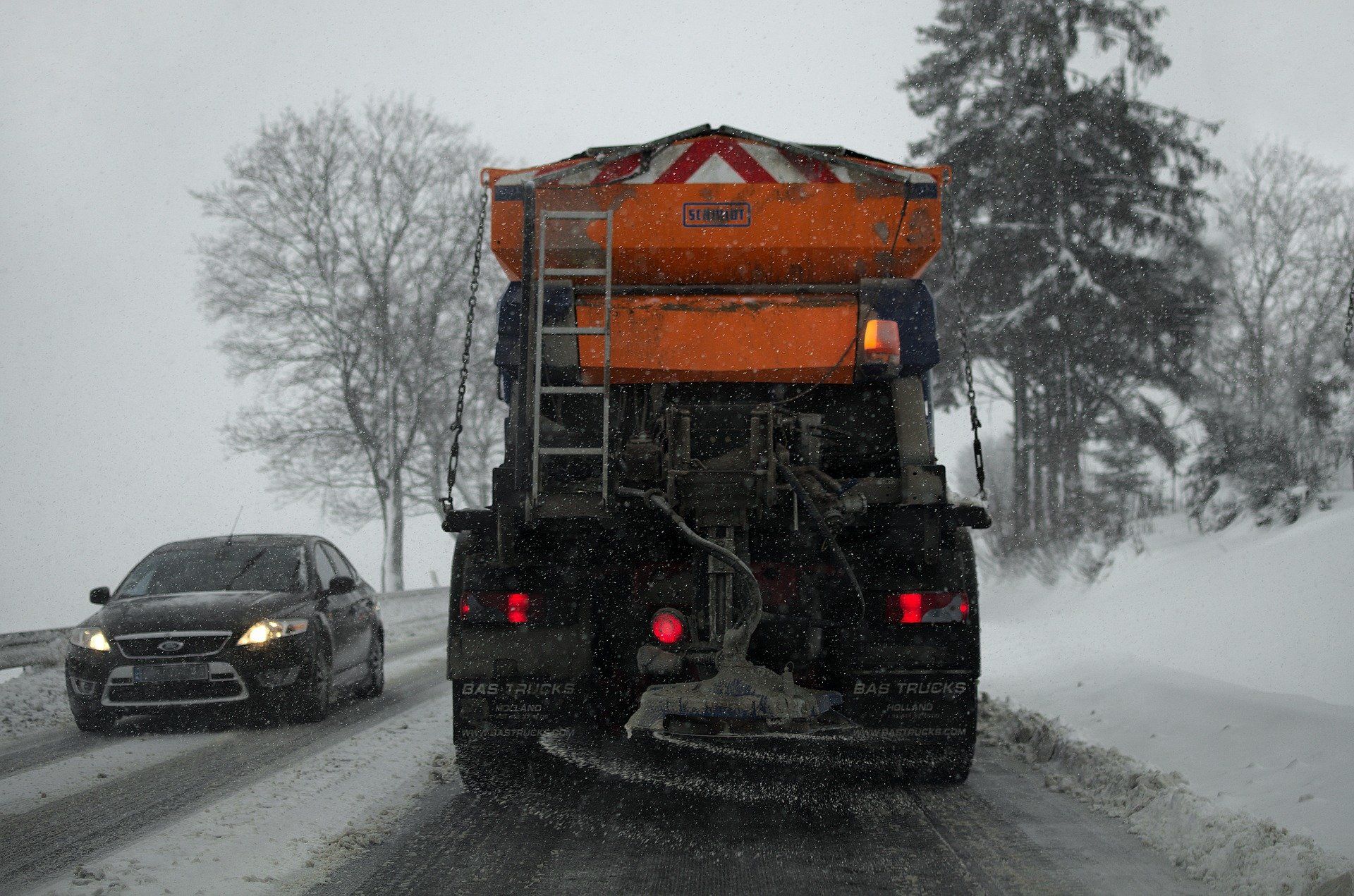Ice?
Every business owner or landlord has a legal responsibility to maintain their property as a safe place free of hazards for customers, clients, and employees. They bear a direct legal liability for anything that goes wrong on their property, as long as the person who was affected had a legal right to be there.
If you’re a business owner and it’s snowing outside, you’d better make sure to shovel your walkway ASAP. Business owners are responsible for all of their property, not just the inside space. When the snow and ice pick up in the winter, owners can be held liable for slip and fall accidents on the ice outside if they fail to keep their premises safe.
Negligence
If someone slips and falls, there’s a good chance they’re going to take you to court to prove negligence so they can get compensation. The owners of private and public property have a duty to reasonably protect people who are on the premises. When they don’t, it can result in extensive medical bills and serious injuries [Source: Pintas & Mullins].
For a lawsuit against a business owner to succeed in a premises liability case, the victim has to prove they sustained a serious injury on the owner’s property. They also need to prove the owner could have prevented the accident and they were negligent in keeping the property safe.
Evidence has to be presented to demonstrate the owner failed in their legal duty to take care of the property. If the owner knew or reasonably should have been aware of the dangerous conditions but failed to do anything about it, the victim may be able to win compensation.
The success of the case will rest on evidence that establishes what happened. The judge will determine who was at fault based on those circumstances. Even if a business owner did nothing to prevent a dangerous condition, a judge might rule the accident was also the fault of the victim if they failed to take reasonable steps to avoid it.
Winter Weather Hazards
These rules are especially challenging and complicated when severe winter weather makes conditions outside unpredictable and occasionally unsafe. Business owners should reasonably be expected to shovel and salt snow and ice around their place of work and make it safe and accessible for customers. A judge might see that as negligence if they fail to do so.
On the other hand, icy sidewalks are not an unexpected hazard in the winter. If all the sidewalks in an area are slippery and covered in varying amounts of snow or less visible ice, the judge might decide the victim who fell should have reasonably expected those conditions and made more of an attempt to cautiously avoid them.
If You’ve Been Injured
If you were injured when you fell on ice in front of a business, the business’s owner or employees may have been negligent when they failed to clear the ice from the sidewalk. You may want to consult with a personal injury attorney who has experience with this type of case. They will be able to advise you of your legal options.
While you do have the right to attempt to settle your slip and fall case directly with the business’s insurance carrier, a lawyer may be able to get you a larger settlement because they understand the legal precedents in your area and the accurate value of your damages and pain and suffering.
If the business’s insurance carrier refuses to settle or won’t offer you an adequate amount, your case will end up in court. Your lawyer may call in expert witnesses to explain to the jury what the owner’s duties were and how they were negligent when they failed to remove the hazard.
The most important thing to do after a slip and fall injury is to take care of yourself. If you don’t go to the doctor or don’t follow the doctor’s orders you could make your recovery take longer. You could also worsen the injury. Talk to your doctor and your employer about how much time you’ll need to take off from work so everyone understands how long your recovery will take.














